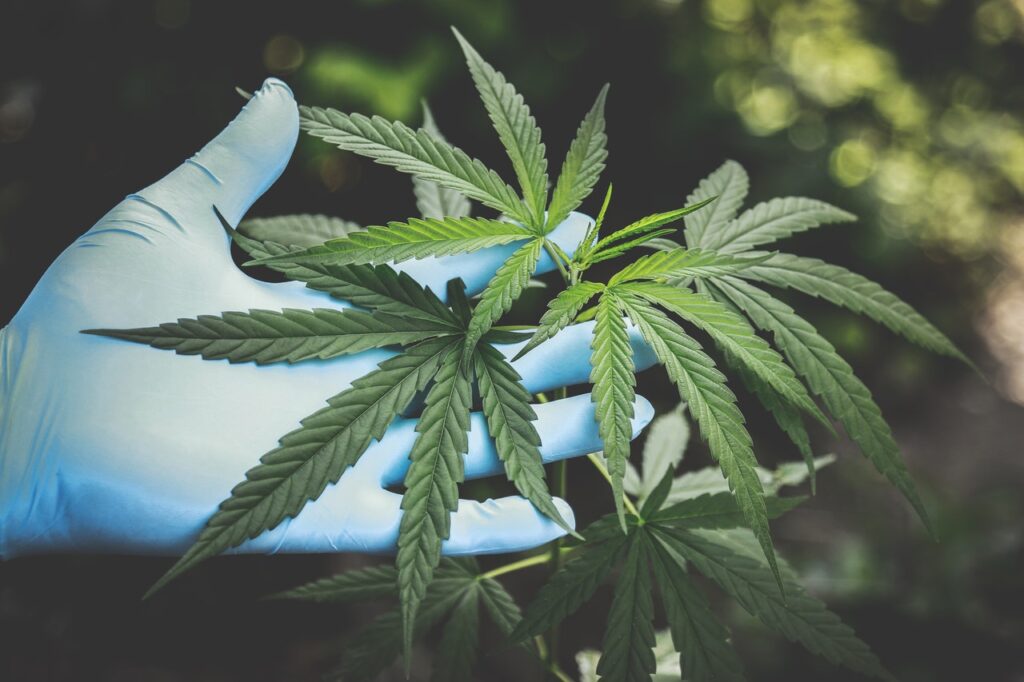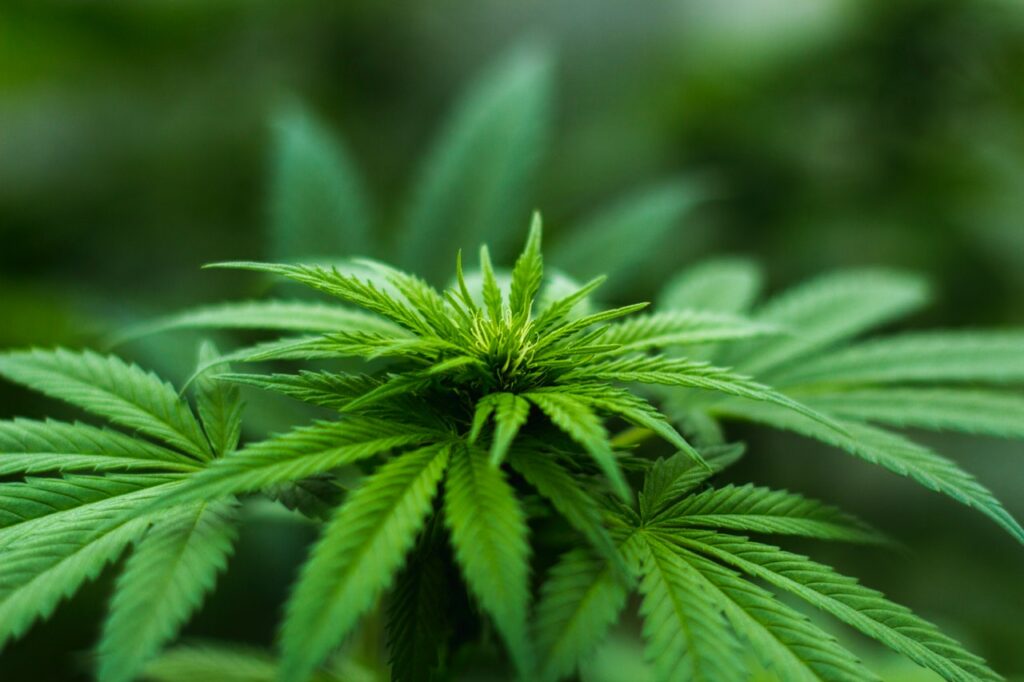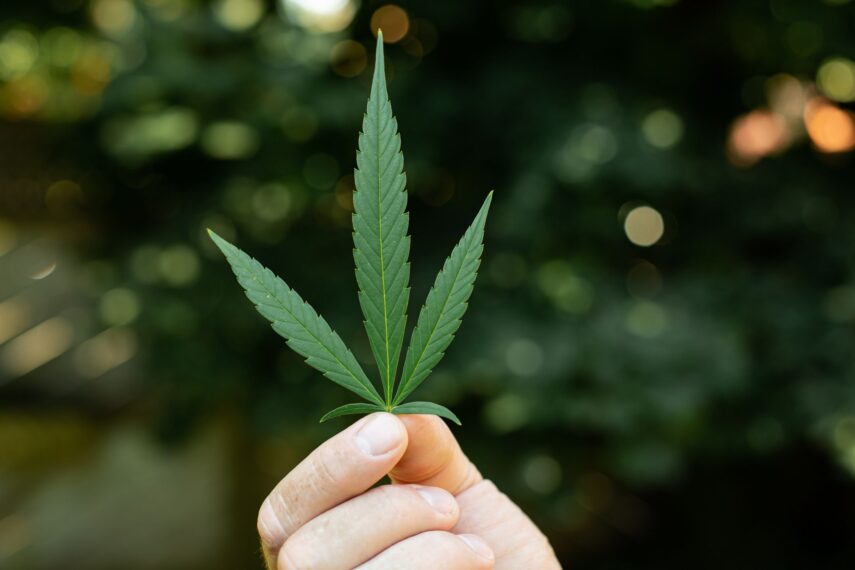The legalization of medical cannabis in the UK in 2018 was a significant step towards changing negative attitudes towards marijuana. The war with this valuable plant in the 20th century was determined not so much by medical as by political and economic reasons. The suppression of the recreational culture of certain nations made it possible to keep them in subjection and, on the other hand, it cleared the market for the sale of alcoholic beverages.
The 21st century witnesses the return of the use of cannabis in its various forms. Many countries have legalized not only the medical but also the recreational use of marijuana. Today, weed in Glasgow (Hub420) and the UK, in general, can be easily purchased online, but legislating the right to unrestricted use of cannabis could bring significant social and economic profit.
The full legalization of marijuana would not only restore the rights of those national cultures for which it is a preferred recreational remedy but also assist economic recovery in times of crisis. This positive economic impact of marijuana is evidenced by the macro indicators of those countries in which it has already been legalized.
Why the Criminalization of the Sale and Use of Marijuana Is Detrimental to the UK Economy

Losing Revenues from a Huge Marijuana Market
The fact that the cultivation and distribution of weed in the UK is illicit does not mean that there is no market for marijuana. It actively functions in the shadow economy because the use of cannabis is favored in comparison with other recreational means among certain groups of the population. This means that those who supply and sell weed on the British market receive huge profits. But all proceeds from the sale of this valuable product are deposited in the bank accounts of illegal merchants, laundered through other legal companies, or simply withdrawn from the country.
The UK budget is missing out on the substantial tax revenue that could come from the legitimate sale of cannabis. According to experts, at least £2.5 billion would come to the country’s treasury only from taxes on the sale of weed.
Overload of Law Enforcement Agencies and Courts
The decriminalization of marijuana would free up a huge number of law enforcement officers who are forced to investigate the distribution and consumption chains of marijuana. It would also facilitate the work of the courts, which would not have to consider cases of offenses related to the sale and use of marijuana and penitentiaries that contain especially “dangerous” violators.
Missed Opportunities for the Labor Market
Marijuana is a rather unpretentious plant, especially if you use strains from the best breeders, whose products you can find in the Hub420 online store. And this means that in the conditions of the legalization of hemp, it could be openly grown and processed in the UK. This would create additional jobs and revenues for the treasury from income taxes.
Economic Benefits of Cannabis Legalization

Job Creation and Lowering Unemployment Level
The cannabis industry is quite extensive and offers many employment opportunities for both skilled and unskilled workers. For example, US statistics show that the cannabis industry is the most actively growing in recent years concerning creating the possibilities of employment:
- Each year, states that passed cannabis legalization laws add between 5,000 and 10,000 new jobs. And in some countries, such as Canada, they even had to bring in additional labor from other countries to meet the demand for workers in this industry.
- This reduces the unemployment rate in the community since more than half of the workers will not even have to retrain to get a job. After all, this industry needs such universal workers as accountants, marketers, designers, lawyers, and others.
- Also, the US experience shows that the largest increase in jobs is observed in those states where marijuana is legalized completely, and not just for medical use.
- This increased involvement of various professionals in the cannabis industry has led to significant growth in the median salary in states that have legalized cannabis. In these communities, it is on average 11% higher than in the US as a whole.
Filling the Budget
The retail sale of cannabis is thriving, which means that the states’ budgets in the US are replenished by weed sales tax. For example, in the first two years of cannabis legalization, the state of California received more than US $1 billion in taxes from this industry. Sales taxes on cannabis-containing products range from 10% to almost 40% in different states.
These revenues to the state budget are directed to various socially significant projects, such as the construction of schools and roads, medical and agricultural research, and so on. Social programs that previously lacked money in the state budgets are now getting a chance to be realized thanks to the proceeds from the cultivation and sale of cannabis.
Return of Economically Active Citizens from Places of Detention
Law enforcement agencies and the justice system of states that have legalized cannabis stop spending budget funds on investigating cases related to the supply of marijuana, as well as incarcerating defendants found guilty. This means that a large number of employable and law-abiding citizens who have not committed any violent crimes have returned to the labor market.
Faster Recovery in Case of Illnesses
Since marijuana has great medical importance, its affordable use allows citizens to recover faster from some diseases. And since marijuana-based drugs are cheaper than many alternative medicines, it has made medicine more accessible to the less affluent segments of society.
Lessons Learned from Countries that Have Legalized Cannabis

The impact of marijuana legalization on the economy is so strong that the cannabis industry is even called the engine of growth and is predicted to maintain its leadership position in terms of growth for the foreseeable future. Experts compare the effect of the legalization of cannabis with the effect of lifting the ban on alcohol selling during the Great Depression. Then the boom of the liquor industry also contributed to the US’s recovery from this economically difficult period.
Based on the experience of countries that have already fully legalized cannabis, the UK could develop and implement similar laws. This would help not only equalize the rights of people with different preferences in relation to recreational stimulants but also receive significant economic benefits.
Lagging behind other countries in this matter is fraught with both a fall in the support of the acting authorities and the loss of significant economic prospects. As the cannabis market in other countries strengthens, tax revenues will enable the implementation of even more ambitious social projects that wouldn’t be possible without them.
Related Posts:
- Unlocking Economic Development ─ Diverse Strategies…
- The Role of Cobot Arms in Economic Growth: Driving…
- The Legality of Cannabis in Australia 2024
- How to Choose the Best Cannabis Products Business -…
- The Impact of Artificial Intelligence on Web Design Agencies
- Small Decor Items That Make a Big Impact on Your…







